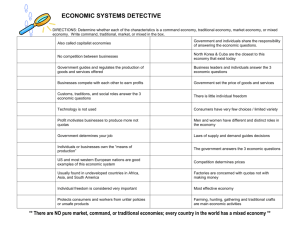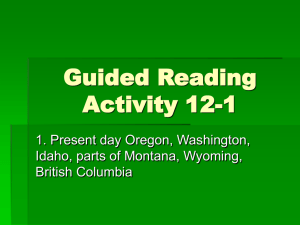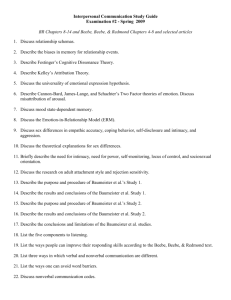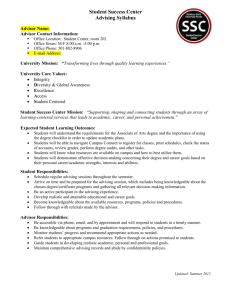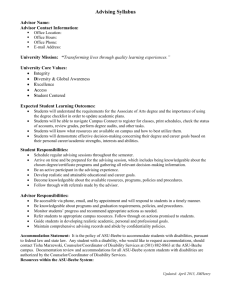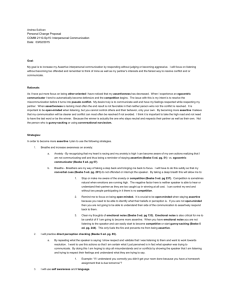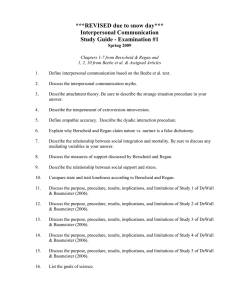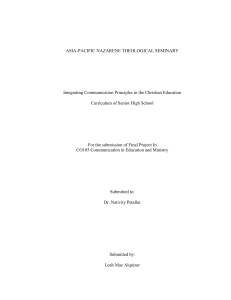Barriers to Accurate Perception Choose three barriers to accurate
advertisement
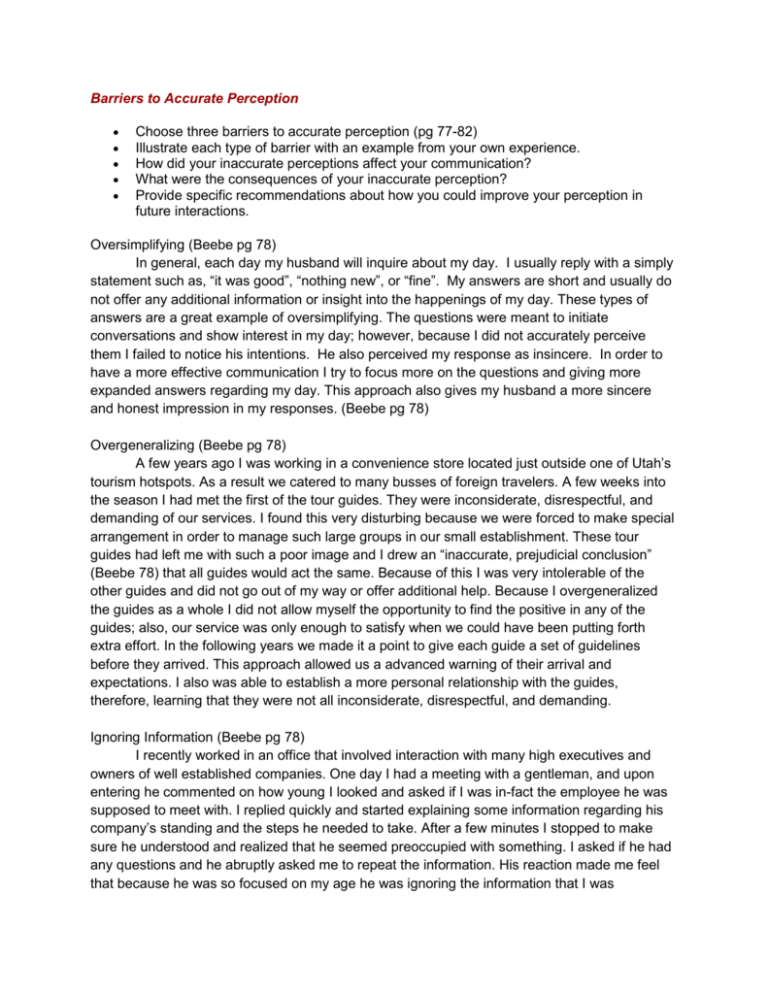
Barriers to Accurate Perception Choose three barriers to accurate perception (pg 77-82) Illustrate each type of barrier with an example from your own experience. How did your inaccurate perceptions affect your communication? What were the consequences of your inaccurate perception? Provide specific recommendations about how you could improve your perception in future interactions. Oversimplifying (Beebe pg 78) In general, each day my husband will inquire about my day. I usually reply with a simply statement such as, “it was good”, “nothing new”, or “fine”. My answers are short and usually do not offer any additional information or insight into the happenings of my day. These types of answers are a great example of oversimplifying. The questions were meant to initiate conversations and show interest in my day; however, because I did not accurately perceive them I failed to notice his intentions. He also perceived my response as insincere. In order to have a more effective communication I try to focus more on the questions and giving more expanded answers regarding my day. This approach also gives my husband a more sincere and honest impression in my responses. (Beebe pg 78) Overgeneralizing (Beebe pg 78) A few years ago I was working in a convenience store located just outside one of Utah’s tourism hotspots. As a result we catered to many busses of foreign travelers. A few weeks into the season I had met the first of the tour guides. They were inconsiderate, disrespectful, and demanding of our services. I found this very disturbing because we were forced to make special arrangement in order to manage such large groups in our small establishment. These tour guides had left me with such a poor image and I drew an “inaccurate, prejudicial conclusion” (Beebe 78) that all guides would act the same. Because of this I was very intolerable of the other guides and did not go out of my way or offer additional help. Because I overgeneralized the guides as a whole I did not allow myself the opportunity to find the positive in any of the guides; also, our service was only enough to satisfy when we could have been putting forth extra effort. In the following years we made it a point to give each guide a set of guidelines before they arrived. This approach allowed us a advanced warning of their arrival and expectations. I also was able to establish a more personal relationship with the guides, therefore, learning that they were not all inconsiderate, disrespectful, and demanding. Ignoring Information (Beebe pg 78) I recently worked in an office that involved interaction with many high executives and owners of well established companies. One day I had a meeting with a gentleman, and upon entering he commented on how young I looked and asked if I was in-fact the employee he was supposed to meet with. I replied quickly and started explaining some information regarding his company’s standing and the steps he needed to take. After a few minutes I stopped to make sure he understood and realized that he seemed preoccupied with something. I asked if he had any questions and he abruptly asked me to repeat the information. His reaction made me feel that because he was so focused on my age he was ignoring the information that I was providing. Because of his perceptions barrier he did not understand the process he needed to address for his company. This situation resulted in conflict with the company and eventually they were discontinued as clients. While I realize that I cannot control another’s perceptions, if I was to encounter this situation again, I would try addressing the individuals concerns of my age versus my experience or expertise before proceeding with the information.
